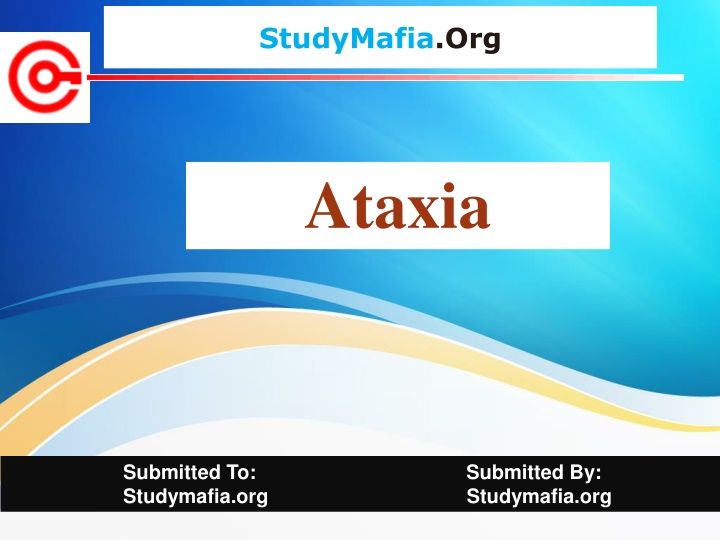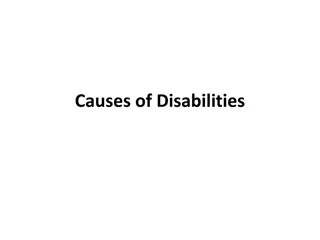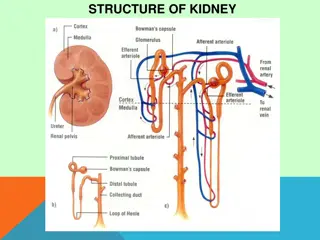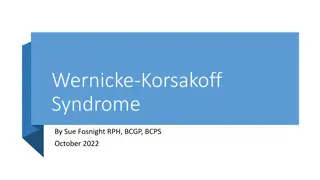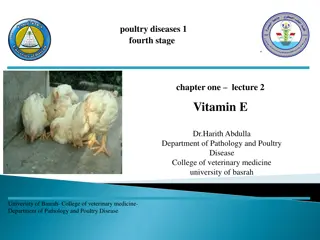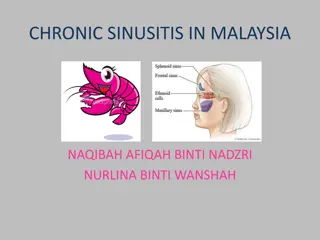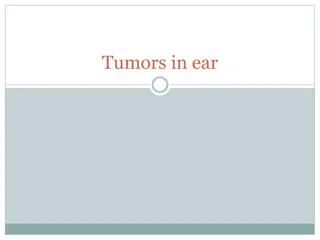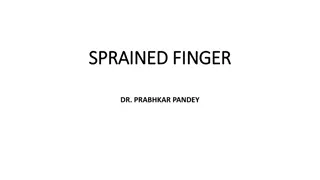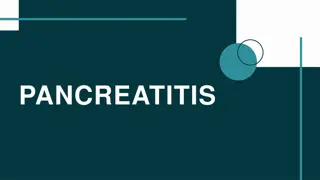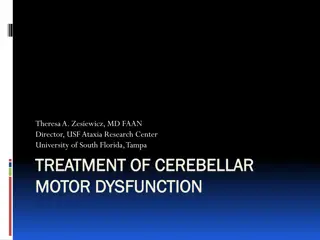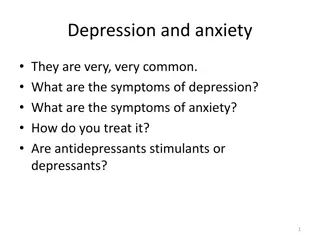Understanding Ataxia: Causes, Symptoms, and Treatment
Ataxia, a condition affecting muscle control, can result from various causes such as alcohol misuse, stroke, genetic disorders, and more. Explore the symptoms, diagnosis, and treatment options for managing ataxia effectively.
Download Presentation

Please find below an Image/Link to download the presentation.
The content on the website is provided AS IS for your information and personal use only. It may not be sold, licensed, or shared on other websites without obtaining consent from the author.If you encounter any issues during the download, it is possible that the publisher has removed the file from their server.
You are allowed to download the files provided on this website for personal or commercial use, subject to the condition that they are used lawfully. All files are the property of their respective owners.
The content on the website is provided AS IS for your information and personal use only. It may not be sold, licensed, or shared on other websites without obtaining consent from the author.
E N D
Presentation Transcript
StudyMafia.Org Ataxia Submitted To: Submitted By: Studymafia.org Studymafia.org
Table Contents Definition Introduction Symptoms of Ataxia Causes of Ataxia Types of Ataxia Diagnosis of Ataxia Treatment of Ataxia Conclusion 2
Definition Ataxia describes poor muscle control that causes clumsy voluntary movements. It may cause difficulty with walking and balance, hand coordination, speech and swallowing, and eye movements. 3
Introduction Ataxia usually results from damage to the part of the brain that controls muscle coordination (cerebellum) or its connections. Many conditions can cause ataxia, including alcohol misuse, stroke, tumor, brain degeneration, multiple sclerosis, certain medications and genetic disorders. Treatment for ataxia depends on the cause. Adaptive devices, such as walkers or canes, might help maintain independence. 4
Causes of Ataxia Alcohol: Long-term excess alcohol intake may cause persistent ataxia. It's possible it may improve by avoiding alcohol completely. Medications: Ataxia is a potential side effect of certain medications, especially barbiturates, such as phenobarbital; sedatives, such as benzodiazepines; antiepileptic drugs, such as phenytoin; and some types of chemotherapy. 6
Causes of Ataxia Toxins: Heavy metal poisoning, such as from lead or mercury, and solvent poisoning, such as from paint thinner, also can cause ataxia. Vitamins: Not getting enough vitamin E, vitamin B-1, vitamin B-12 or thiamine can lead to ataxia. A deficiency or excess of Vitamin B-6 deficiency also may cause ataxia. These causes are important to identify because ataxia caused by these deficiencies can often be reversed. 7
Causes of Ataxia Thyroid problems: Hypothyroidism and hypoparathyroidism can cause ataxia. Stroke: Sudden onset of ataxia occurs with a stroke. This may be either due to a blood vessel blockage or bleeding on the brain. Multiple sclerosis: This neurological disorder may cause ataxia. 8
Causes of Ataxia Autoimmune diseases: Sarcoidosis, celiac disease, certain types of encephalomyelitis and other autoimmune diseases may cause ataxia. Infections: Ataxia can be an uncommon complication of chickenpox in childhood, and other viral infections such as HIV and Lyme disease. It might appear in the healing stages of the infection and last for days or weeks. 9
Causes of Ataxia COVID-19 infection: Ataxia most commonly results from severe COVID-19 cases. Paraneoplastic syndromes: These are rare degenerative disorders triggered by the immune system response to a cancerous tumor (neoplasm), most commonly from lung, ovarian or breast cancer or lymphoma. Ataxia can appear months or years before the cancer is diagnosed. 10
Causes of Ataxia Abnormalities in the brain: An infected area (abscess) in the brain may cause ataxia. A growth on the brain, a cancerous (malignant) or noncancerous (benign) tumor, can damage the cerebellum. Head trauma: Severe brain damage may cause cerebellar ataxia weeks to months after the trauma. 11
Types of Ataxia Autosomal dominant ataxias Researchers have identified more than 40 autosomal dominant ataxia genes, and the number continues to grow. Cerebellar ataxia and cerebellar degeneration are common to all types, and there may be other neurological signs and symptoms. 12
Types of Ataxia Autosomal recessive ataxias This is the most common hereditary ataxia. It involves damage to the cerebellum, spinal cord and peripheral nerves. Peripheral nerves carry signals from the arms and legs to the brain and spinal cord. In most cases, signs and symptoms appear well before age 25. The cerebellum usually appears normal on a brain scan. 13
Diagnosis of Ataxia Blood tests. These might help identify treatable causes of ataxia. Imaging studies. An MRI of the brain might help determine possible causes. An MRI can sometimes show shrinkage of the cerebellum and other brain structures in people with ataxia. 14
Diagnosis of Ataxia Lumbar puncture (spinal tap). In some cases of ataxia, this may be a helpful test. A needle is inserted into the lower back (lumbar region) between two lumbar bones (vertebrae) to remove a small sample of cerebrospinal fluid. Genetic testing. Your doctor might recommend genetic testing to determine whether a gene mutation causes one of the hereditary ataxic conditions. 15
Treatment of Ataxia There is no specific treatment for ataxia. In some cases, treating the underlying cause may help improve the ataxia. In other cases, such as ataxia that results from chickenpox or other viral infections, it is likely to resolve on its own. Your doctor might recommend adaptive devices or therapies to help with your ataxia. Other symptoms such as stiffness, tremor and dizziness might improve with treatments. 16
Treatment of Ataxia Adaptive devices Ataxia caused by conditions such as multiple sclerosis or cerebral palsy might not be treatable. In that case, your doctor may be able to recommend adaptive devices. They include: Hiking sticks or walkers for walking Modified utensils for eating Communication aids for speaking 17
Treatment of Ataxia You might benefit from certain therapies, including: Physical therapy to help your coordination and enhance your mobility Occupational therapy to help you with daily living tasks, such as feeding yourself Speech therapy to improve speech and aid swallowing 18
Conclusion Ataxia is a term for a group of disorders that affect co-ordination, balance and speech. Any part of the body can be affected, but people with ataxia often have difficulties with: balance and walking. speaking. swallowing. 19
Thanks To StudyMafia.org
